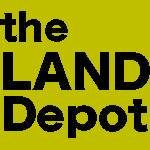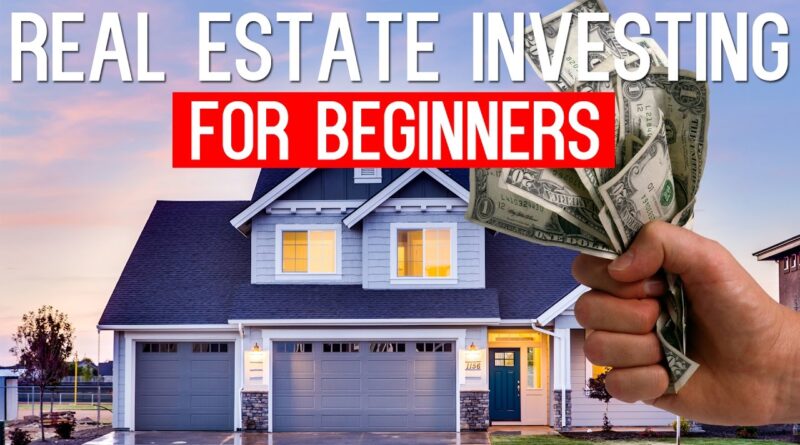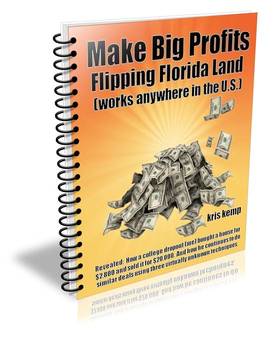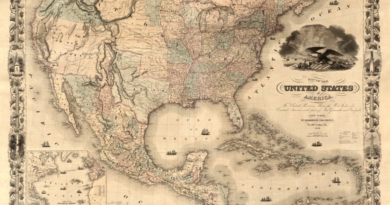Real Estate Investing for Beginners: A Ten Step Plan
Real Estate Investing for Beginners: A 10 Step Plan
Curious about Real Estate investing, but not sure where to start?
Here’s a ten step plan you can follow.
This plan is based on my own experiences. I am not a realtor. I am not a lawyer. Consider this ten step plan useful for educational and entertainment purposes only.
Consider yourself lucky
If you have heard about real estate investing, but don’t know where to begin, consider yourself lucky for two reasons.
1. Anyone can invest in real estate.
I’m going to tell you the truth about real estate investing, that anyone can do it. I’m a college dropout and the class that kept me from graduating was College Algebra. If I can invest in real estate, you can, too.
My journey as a real estate investor
In 2005, I started researching investment properties in the area of West Palm Beach, Florida. I soon discovered that real estate in South Florida was out of my price range. So, I decided to look elsewhere. I researched North Florida, using a technique that I had learned about in a real estate investing book.
The technique was this: Search online for the name of the town and state you want to research, then find out what the names of the local newspapers are. Find out if the local newspapers have a website. Then, go to that local newspapers website.
Although it took some time, the results were well worth it. I researched “Chiefland Florida newspaper”. On the first page of Google, a list of results appeared. One of these was the Chiefland Florida newspaper. I visited their website, viewed their classified ads, and found some properties for sale by owner, with owner-financing. I doubt these properties were listed anywhere else. These classified ads in local newspapers became a good resource for finding out what investment property was selling for, who was selling it, and what terms the seller was willing to accept.
2. Investing in real estate does not require using your own money.
You can use someone else’s money. What do you bring to the table? Your skills and knowledge. In exchange, you earn a percentage of the profit from the deal. Any risk can be ameliorated (lessened) by your research into the deal. In real estate terms, this research is called “due diligence”.
How I Became a Real Estate Investor Using Other People’s Money
I learned how to invest in Real Estate by researching the investment property, then finding an investor to “front the deal”, that is, to put up cash for the deal. On his end, the investor would be paid a greater Return On Investment (ROI) than bank interest or even the stock market. On my end, I would earn 50% of the profit above the investor’s profit. It was a win-win for both of us.
Use other people’s money
If you don’t have your own money, use other people’s money. I explain this technique in my ebook “Make Big Profits Flipping Florida Land”. You can find out more about this ebook at:
www.MakeBigProfitsFlippingFloridaLand.com
www.FlipFloridaLand.com
Also, I explain this technique, along with other strategies, in “Make Big Profits Flipping Florida Land” and “The Power of Financing”. Both of these ebooks are included in my Ebook Bundle for Real Estate Investors, which includes 40 ebooks + 2 entries for a Chance to Win a Florida Camping Lot, at: http://www.thelanddepot.net/ebook-bundle/
Visit the sites above to find out more.
Are you excited? You’re about to find out how you can have your cash, or someone else’s cash, working for you, and earning higher interest (10% – 25% is average) than the bank, meaning your Return on Investment (R.O.I.) exceeds such risky strategies like the stock market.
Here is a ten step plan anyone can use to invest in real estate.
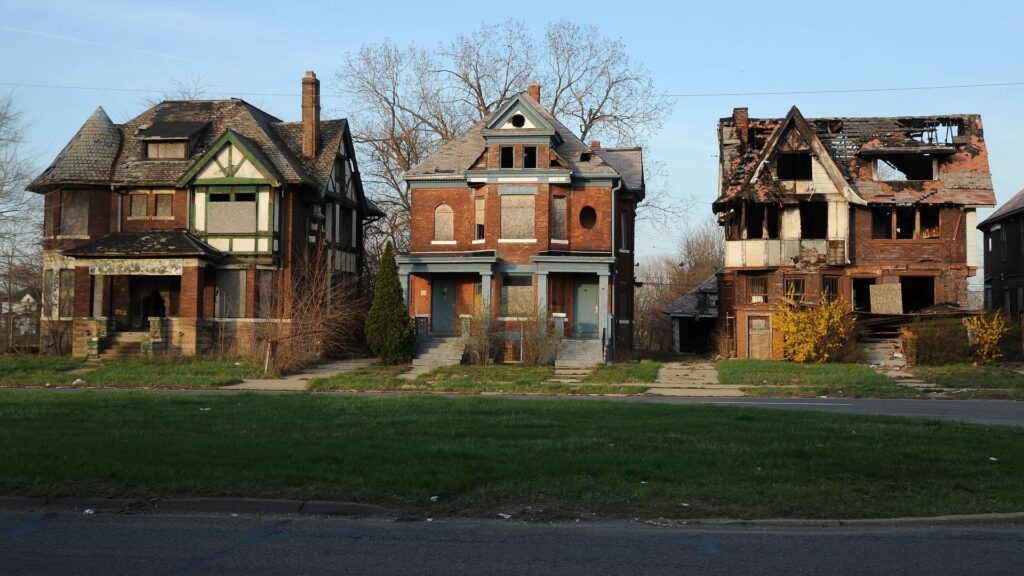
1. Find your market
(geographical area, location, close to your current address is preferred)
Finding your market means finding your target area, the geographical location, of where you want to purchase real estate. Ideally, it’s best if you purchase property within a 10-20 mile radius of your home. The closer you are to your investment property, whether it’s a house, mobile home, or vacant land, the better.
Choosing your market will be determined by the amount you can make, known as the Return On Investment (ROI), minus your expenses, when you sell or rent the property. And your ROI will be effected by a number of factors—current market values of the existing properties in this area, upcoming developments planned for the area, proximity to landmarks or bodies of water, crime rates for the area, employment opportunities for the area, and a lot more.
Visit the area at night. During the day, an area with a few abandoned houses or commercial buildings may appear like an opportunity. At night, however, these buildings may be a haven for criminal activity or a camp for homeless people. Talk to the people that live in the area to get a feel for what’s going on there.
2. Determine or choose your investment property type – house, mobile home, land, commercial
What kind of real estate property would you like to invest in? Buying a house? Buying a mobile home? Buying land? Buying commercial property?
How would you like to buy the investment property? Buy it outright, or put the down payment on it in order to secure the mortgage? Securing the mortgage of an investment property allows you to save money while, also, getting control of the property.
Okay, you’re probably wondering “but I don’t have the money to buy the property, what about the money?” We’ll get to that.
3. Find 5 (houses, mobile homes, land, commercial properties) investment properties to purchase, rent for profit, or flip for profit.
Research. Study the area where you plan to purchase a property. How? Follow these steps.
1. Search online for “___________ ________ tax assessor” and “_______ _____ tax clerk” and “______ ______ property appraiser”. Fill in the blank with the county in which the property is located. Fill in the second blank with the state.
For example, if you’re searching for an investment property in Gilchrist County, Florida, search for “Gilchrist County, Florida tax assessor” or “Gilchrist County, Florida tax clerk” or “Gilchrist County, Florida property appraiser”.
Research the area. Find out what properties are selling for, how long they’ve been on the market, annual taxes, appraised values, etc.
Study the area. Determine the comparable market values of real estate. Become an expert and this will enable you to forecast, or predict, trends so you’ll understand where to buy and when to buy and where to sell and when to sell.
4. Develop your strategy. Lay out a plan.
* Buy and rent for profit?
* Buy, fix up, resell for profit – buy and flip? You make money when you buy! You can find a buyer before hand by using Craig’s List and social media pages on Facebook and Twitter and even classified ads in local newspapers. Find out who’s willing to buy and what they are willing to pay before even making an offer on the property you want to buy.
* How are you going to find the money? We’re getting to that. Once you have an action plan or a plan-of-action, then finding the money becomes easier.

5. Establish a back-up plan.
Just what it says. Set up a plan in the event that everything goes wrong, in case of a situation in which everything goes south. Establish a contingency plan. You’ve made it this far, now make a backup plan. You can do it.
This—making a backup plan—will lessen any worries you have, enabling you to move forward, to take action, to make things happen. Action eliminates fear
6. Determine your exit strategy.
What’s your end goal? How do you plan to exit this RE deal with a handsome profit, and with all parties (buyers, sellers, investors) satisfied and happy?
7. Present your plan to investor or investors.
Read over your notes and reduce everything to a simple plan of action. Then, write down this plan of action and reduce it to numbered steps … 1, 2, 3 and so on. Set the dates of when you’re going to do what. Make copies of this, both PDF copies and hard copies.
Get everything in writing, signed, in the presence of a notary public.
8. Take action.
Action eliminates fear.
Carrie Cutlip
Start putting your plan into action by taking action.
9. Get people competing to buy your property.
When selling or renting the investment property, gather a crowd by scheduling a specific time. If you want to rent or sell a property, set up a specific time frame in which to show the property, preferably on the weekend. Schedule an open house on Sunday, 2pm – 4pm, gather a big crowd. Get a mortgage broker at the place to, in order to set up mortgages for people who want the place.
10. Put your exit strategy into motion.
Collect rents. Sell the property. Keep records of everything (video, audio, paperwork, keep backup paperwork).
Summary
Use these ten steps as a template to finding and flipping properties for fun and profit. If a college dropout (me) can do this, so can you.
Curious to learn more about Real Estate investing for fun and profit? Discover the simple, powerful, effective strategies you can put into motion to find, buy, and flip properties—land, houses, mobile homes—for fun and profit in Florida or anywhere else in the U.S. I’ve written a few ebooks about this topic and I think you’ll find them highly entertaining and informative, too. Click the links below to find out more:
Ebook Bundle for RE Investors + 2 Entries for your Chance to Win a Florida Camping Lot
http://www.thelanddepot.net/ebook-bundle/
Discover how to find, buy, and flip properties—land, houses, mobile homes—in Florida or anywhere else in the U.S. for fun and profit! If a college dropout (me) can do it, so can you!
www.MakeBigProfitsFlippingFloridaLand.com
Revealed: How a college dropout bought a house for $2,000 and sold it for $20,000.
www.FlipFloridaLand.com
Kris Kemp
bicycledays@yahoo.com
347-557-5487
TheLandDepot.net
Ebook Bundle – Special Offer!
FlipFloridaLand.com
MakeBigProfitsFlippingFloridaLand.com
(Feel free to republish this article, as long as you leave the links in place.)
© Kris Kemp, 2020 & beyond
